The Search for Meaning in Existentialism and Indigenous Thought
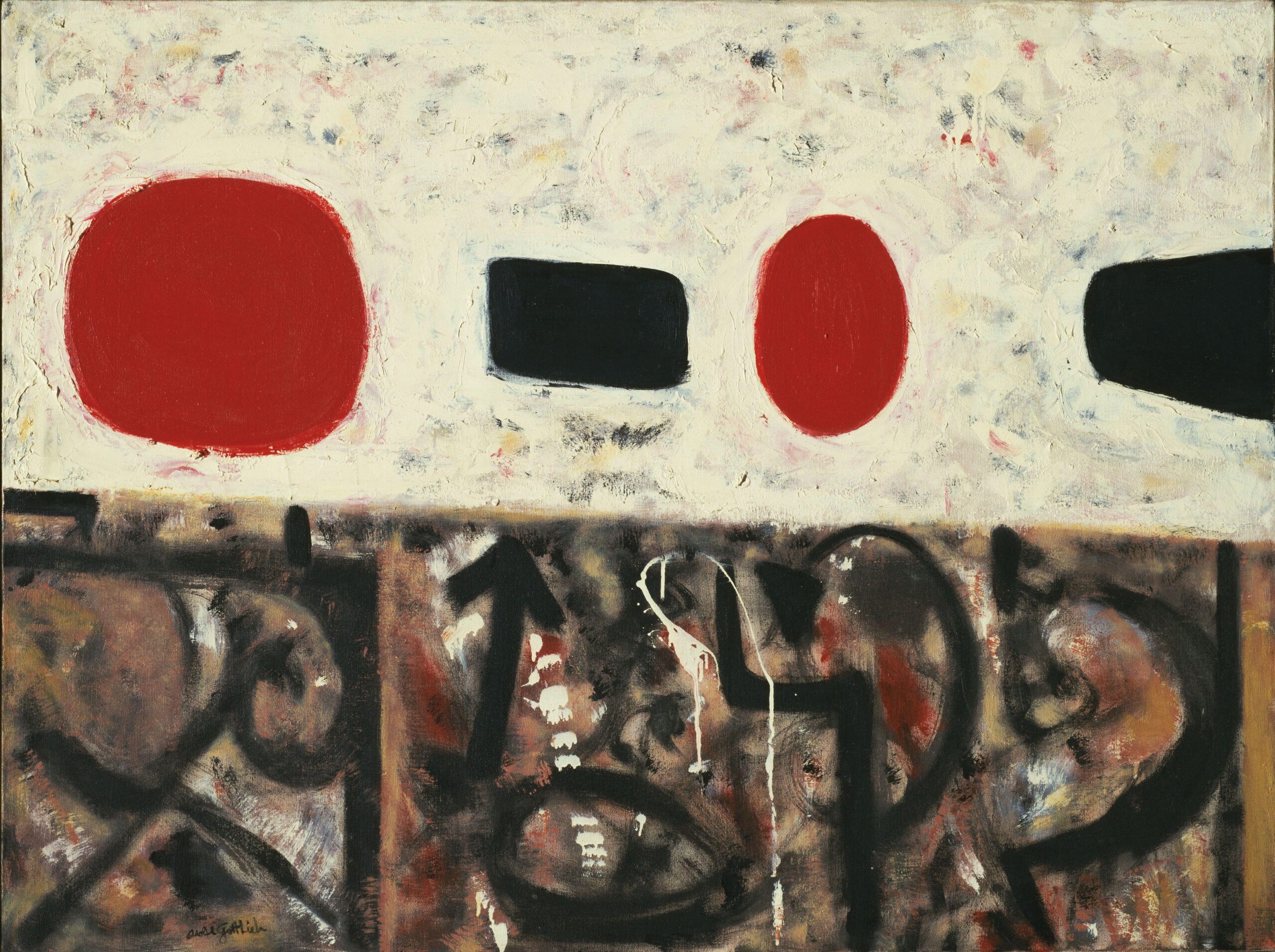
Existentialist philosophy and indigenous worldviews offer contrasting but potentially complementary perspectives on one of life’s biggest questions: What is the meaning and purpose of human existence? While existentialists like Jean-Paul Sartre and Albert Camus grappled with the apparent absurdity of life, arguing that individuals must create their own sense of purpose, many indigenous traditions see the individual as embedded in a deeply meaningful cosmos. This article explores how these different frameworks can inform therapeutic conversations and personal journeys toward a fulfilling life.
Existentialism: The Anguish and Responsibility of Freedom
The existentialist perspective, as articulated by thinkers like Jean-Paul Sartre and Søren Kierkegaard, emphasizes the individual’s radical freedom and responsibility in the face of life’s inherent meaninglessness [1][2]. For Sartre, “existence precedes essence,” meaning that we are thrown into a world without inherent purpose and must define our own nature through our choices and actions [1]. This freedom is both a gift and a burden, as it comes with the weighty responsibility of shaping our own lives and the “anguish” of confronting life’s ultimate concerns, such as isolation and death [5].
Albert Camus: Embracing the Absurd and Finding Joy in Struggle
Albert Camus, another key figure in existentialist thought, explored similar themes of absurdity and the individual’s search for meaning. In his famous essay “The Myth of Sisyphus,” Camus compares the human condition to the Greek myth of Sisyphus, who was condemned to endlessly roll a boulder up a hill only to watch it roll back down [2]. For Camus, life is inherently absurd – a “futile passion” with no ultimate meaning. However, he argues that we must embrace this absurdity, rebel against life’s meaninglessness, and find purpose and joy in the struggle itself.
Indigenous Worldviews: Finding Meaning in Relationship to Community and Cosmos
Many indigenous worldviews offer a different perspective on meaning and purpose, situating the individual within a web of meaningful relationships with community, nature, and the spirit world. For example, the Australian Aboriginal concept of the Dreamtime sees the individual as having a spiritual identity tied to ancestral beings and sacred sites [3]. One’s purpose is understood in relation to responsibilities to kin, country, and the sacred order.
Similarly, Amazonian animism recognizes personhood and agency in animals, plants, and spirits, with the individual’s identity shaped through these diverse relationships [4]. The Navajo philosophy of “walking in beauty” emphasizes living in harmony with the natural world and finding one’s place in an intricate, balanced cosmos [6]. These indigenous perspectives suggest that purpose is not solely an individual creation but emerges through active participation in a meaningful world.
Therapeutic Implications: Drawing on Diverse Perspectives in the Search for Purpose
What can therapists and clients gain from considering these contrasting existentialist and indigenous views? While these perspectives offer different starting points, they can be brought into fruitful dialogue to enrich therapeutic conversations about meaning and purpose.
Existentialist ideas can challenge clients to take ownership of their lives, make courageous choices, and actively create meaning through their actions and commitments. At the same time, indigenous perspectives can help clients situate their individual strivings within larger contexts of relationships, cultural values, and spiritual beliefs. By holding both the existentialist emphasis on personal freedom and the indigenous recognition of embeddedness in a meaningful world, therapists can help clients find purpose in a way that feels authentic to their unique experiences and contexts.
Cross-Cultural Understanding: Learning from Different Wisdom Traditions
Engaging with existentialist and indigenous thought can also foster cross-cultural understanding and personal growth beyond the therapeutic context. By appreciating the diverse ways in which human cultures have grappled with questions of meaning, we can expand our own horizons of possibility and find new resources for living with purpose.
However, it’s crucial to approach indigenous worldviews with respect and humility, avoiding cultural appropriation or the imposition of existentialist notions of self-determination onto collectivist cultures. The goal is not to adopt any one framework wholesale but to learn from different wisdom traditions while remaining rooted in one’s own authentic experience.
Finding Your Own Path to Purpose
Existentialist and indigenous perspectives offer contrasting but complementary approaches to the timeless human search for meaning and purpose. Existentialism emphasizes the individual’s freedom and responsibility to create meaning in a world without inherent purpose, while indigenous worldviews situate the individual within a meaningful cosmos and suggest that purpose emerges through relationships with community and the sacred.
By drawing on both existentialist and indigenous wisdom, therapists can help clients find their own authentic path to a life of purpose – one that honors both individual agency and the embeddedness of human existence in a larger web of meaning. Beyond the therapeutic context, engaging with these diverse philosophical perspectives can enrich our own personal journeys and foster cross-cultural understanding in an increasingly interconnected world.
As we navigate the complexities of modern life, the insights of existentialist and indigenous thinkers remind us that the search for meaning is a perennial human concern that transcends any single culture or historical era. By bringing these different wisdom traditions into dialogue, we can find new resources for living with purpose and cultivating a deeper sense of connection to ourselves, others, and the mystery of existence itself.
Bibliography
- Sartre, J.P. (2007). Existentialism Is a Humanism. Yale University Press.
- Camus, A. (2018). The Myth of Sisyphus. Vintage.
- Stanner, W. E. H. (2009). The Dreaming and Other Essays. Black Inc. Agenda.
- Viveiros de Castro, E. (2012). Cosmological Perspectivism in Amazonia and Elsewhere. HAU Masterclass Series.
- van Deurzen, E. & Adams, M. (2016). Skills in Existential Counselling & Psychotherapy. Sage Publications.
- McNeley, J.K. (1981). Holy Wind in Navajo Philosophy. University of Arizona Press.
- Mircea, E. (1961). The Sacred and the Profane: The Nature of Religion. Harper & Brothers.
- Bachelard, G. (2014). The Poetics of Space. Penguin Classics.
- Jung, C. (1980). The Archetypes and the Collective Unconscious. Princeton University Press.
- Fromm, E. (1994). The Art of Being. Continuum.


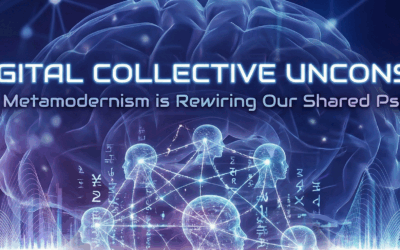
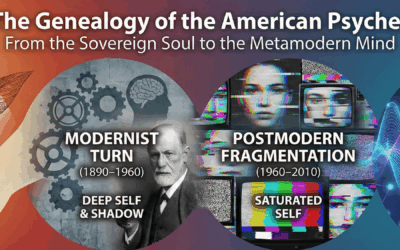
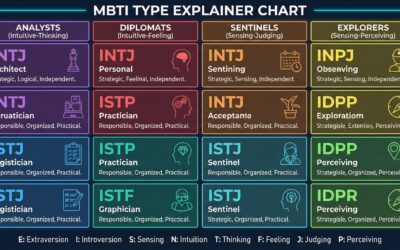
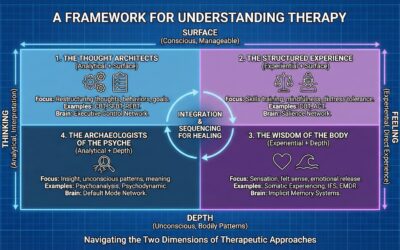
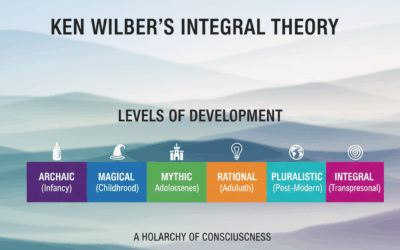
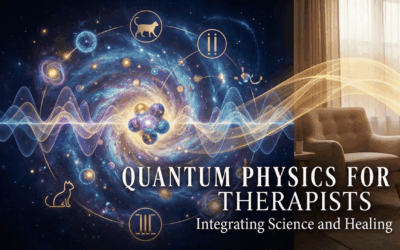
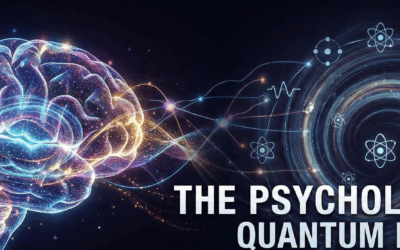
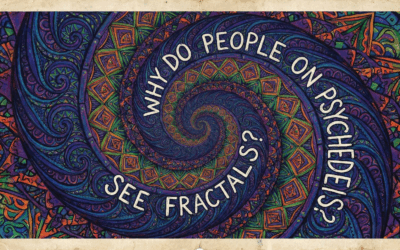


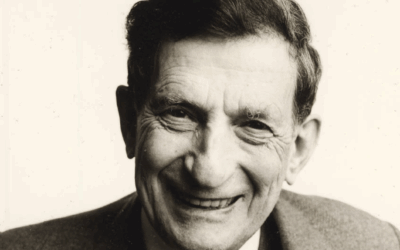
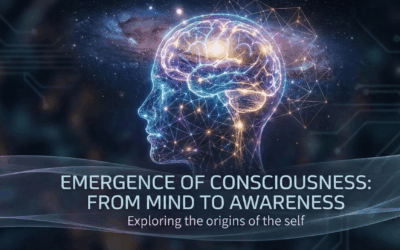

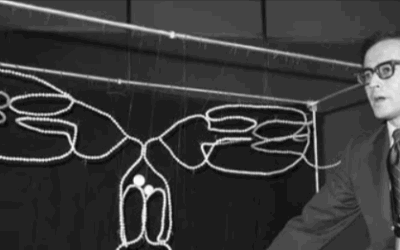




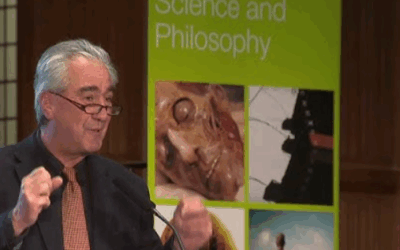
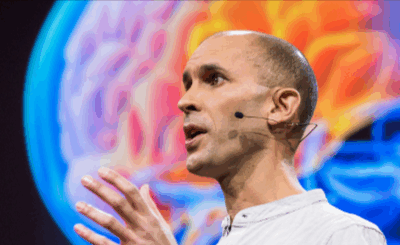




0 Comments